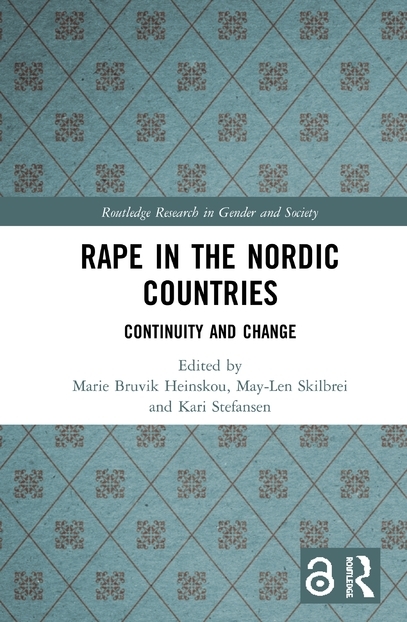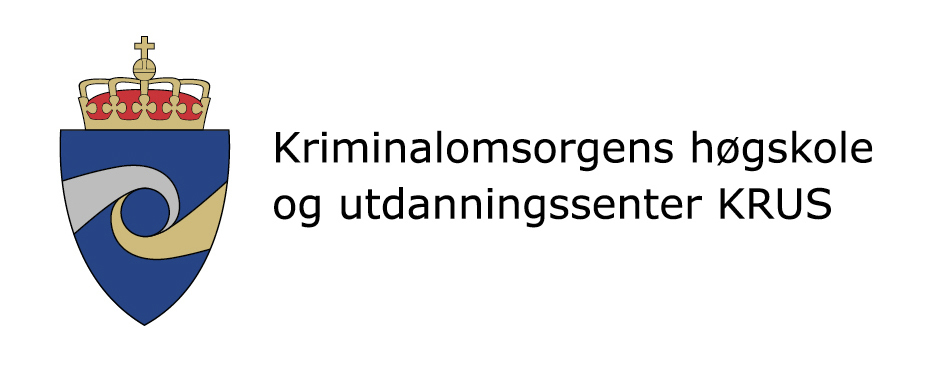Om artikkelen
Artikkelen «Rape in the age of the Internet» bygger på 15 intervjuer med en ung gutt («Alex»), hans dagbok og rettsdokumenter. Det empiriske materialet analyseres i lys av medieteori. Et sentralt fokus er hvordan kommunikasjon gjennom internett skiller seg fra ansikt til ansikt-møter, og hvordan slike møter overskrider det stedlige og temporale ved det vi vanligvis tenker på som voldtekt.
I artikkelen ble etiske problemstillinger særlige viktige: Var det etisk å la overgriper komme til ordet? Hvor langt inn i analyseprosessen skulle den innsatte være med? I artikkelen beveger vi oss i grenseområder for å utforske hvordan vi i praksis kan gjøre forskning som får fram brukerperspektiver og å gjøre medforskning.
Artikkelen springer ut av forskningsprosjektet «Ungdoms straffegjennomføring i fengsel og friomsorg» som er et forskningsprosjekt finansiert av KRUS og Justisdepartementet (KDI).
Forskningsprosjektet er et samarbeidsprosjekt mellom forsker I Elisabeth Fransson og seniorrrådgiver Trond Martinsen ved KRUS, og professor Elisabeth Staksrud ved institutt for medier og kommunikasjon ved UiO.
Alex har lest utkast og vært med på å diskutere og akseptert den ferdige artikkelen.
 |
| Forsida til boka Rape in the Nordic Countries. |
Sammendrag og lenke til fulltekst
Engelsk sammendrag fra Rape in the Nordic Countries. 2020. London: Routledge. https://www.taylorfrancis.com/books/e/9780429467608. Lenken er til ekstern nettside, der hele artikkelen kan leses.
Online sexual engagement, exploration and even criminal offences among youth is a common practice, and there can be blurred borders between pubescent explorative engagements and illegal activities such as digital rape. At the same time, digital rape is a serious sexual, often violent crime, which can have devastating and long-lasting consequences for its victims. The focus of this chapter is to advance the perpetrator’s perspective through a case study. The methodological approach is qualitative and consists of interviews with a young boy, Alex, his diary and his Court judgements. The material tells about Alex’s logic related to online sexual activity, analyzed in light of theory of computer-mediated communication. A central focus is how this type of communication differs from face-to-face meetings, and how such meetings exceed the local and temporal by what we usually think of as rape. The chapter highlights some of the core challenges met when digital, often generation-specific transgressive practices cross boundaries, become illegal and meet courtrooms and legal provisions. The article points to the challenges of providing a research-based approach to policy interventions, legal initiatives and the need to accept the complex nature of computer-mediated communication. Further, it points to the need to develop a legal vocabulary that can be understood and find its legitimacy – in the Internet generation and beyond.

